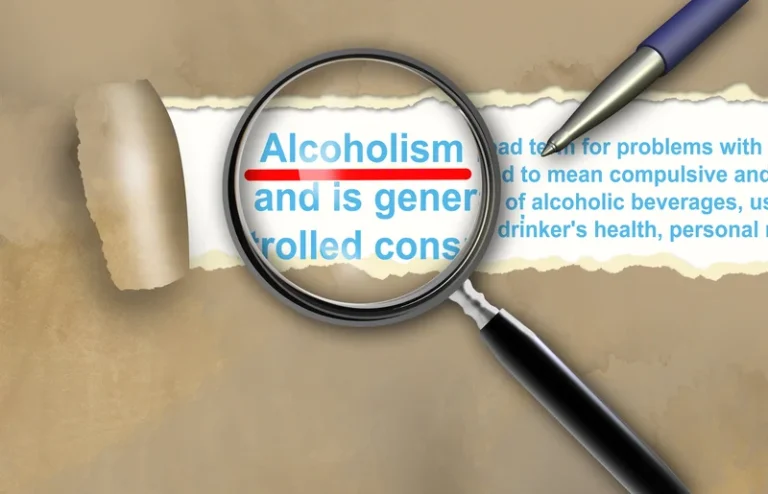- Info: Class Begins From 10th Mar

Understanding the triggers and warning signs can be crucial in helping you or a loved one manage this condition and seek appropriate treatment. Although an intervention can take many forms, many of these meetings open with each participant stating how the alcoholic’s behavior has harmed or disappointed them. The alcoholic is then presented with a plan of care, including a proposal of consequences if they decide to refuse. For instance, the alcoholic may be denied visitation rights or may be faced with a marital separation if he decides not to seek help. An alcoholic in denial may become extremely manipulative, tearful, angry or hostile when faced with the need for alcohol treatment. An experienced intervention specialist can help the participants prepare for these reactions so they can respond effectively.

The Best Diet for Recovering Alcoholics
The PFC region of the brain is where we make judgment calls about potential behavior before acting on it. When alcohol impairs this area, a person may be more likely to behave in a way they wouldn’t while sober, including getting confrontational (2). Generally each stage of alcoholism takes a few years, but they do drug addiction not have to. They can escalate rapidly, especially if combined with a co-occurring disorder or a genetic predisposition. To learn more about rageaholic behaviors, find a support group, or connect with local resources, visit Rageaholics Anonymous.
Related conditions

People can have a varied reaction and tolerance to alcohol and that doesn’t necessarily mean they are alcoholics. However, as functioning alcoholics drink more regularly, they develop a higher tolerance. They still want to feel the buzz or numb out from their problems for a while, https://ecosoberhouse.com/ so they will begin drinking more as their tolerance to alcohol increases. The information provided in this blog post is for educational and informational purposes only. It is not intended as a substitute for professional medical advice, diagnosis, or treatment. Always seek the advice of your physician or other qualified health provider with any questions you may have regarding a medical condition or treatment options.
Addiction Treatment
The DSM-5 standards for diagnosing alcohol use disorder encompass the seven warning signs discussed. However, the signs and symptoms of alcohol use disorder can present themselves in other ways. There are other factors, such as loss of control of alcohol consumption and a preoccupation or hyper-fixation of the act of drinking, that contribute to cravings as well. In this article, we will go over seven of the key behaviors that help identify alcohol use disorder and treatment options you, or a loved one, have as someone with AUD. The question of, “can you have PTSD and adjustment disorder at the same time” is an interesting one.
The Link Between Alcohol and Aggression
- Someone might be more prone to hangover side effects such as dizziness, fatigue, headaches, and irritability.
- Alcohol also depresses the part of the brain in charge of rational decision-making.
- By taking the proactive steps mentioned above, you can pave the way towards lasting recovery and a healthier lifestyle.
- Don’t let yourself become overwhelmed by the intensity of your emotions.
- Based on the knowledge you acquired from the intervention specialist, you may help your loved one seek professional therapy through alcohol treatment centers or telehealth services.
Whether you want to reduce drinking or quit altogether Ria will partner with you to design a program to meet your personal goals. You may be wondering what you can do when someone shows signs of rage after consuming too much alcohol. While it is always better to discourage the use of raging alcoholic symptoms alcohol for people who have this tendency, some things can be done to manage the situation. If you or someone you care about is struggling with alcohol-related rage there are some steps you can take to prevent future incidents. It is important to note that alcohol-related aggression and/or violence do not occur in the majority of all chronic alcohol consumers or all alcohol-dependent individuals.
Copyright 2023, All Rights Reserved

